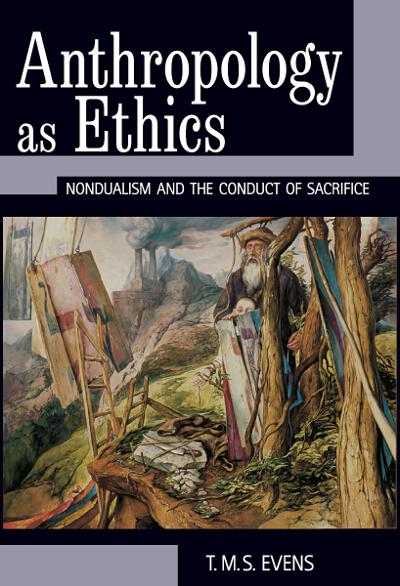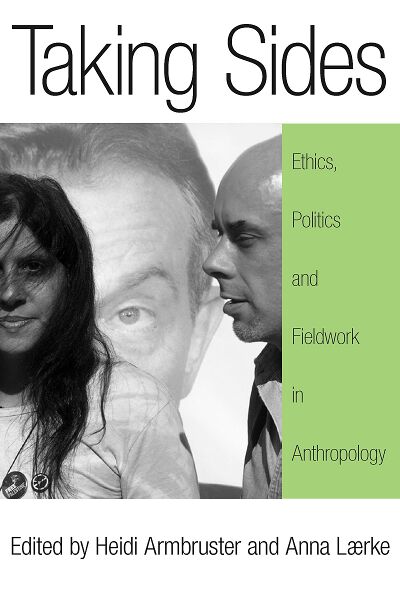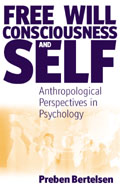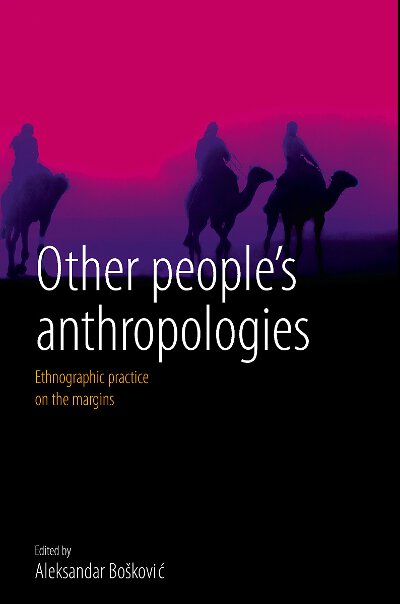
See Related
Anthropology JournalsEmail Newsletters
Sign up for our email newsletters to get customized updates on new Berghahn publications.
Anthropology as Ethics
Nondualism and the Conduct of Sacrifice
T. M. S. Evens
418 pages, bibliog., index
ISBN 978-1-84545-224-7 $150.00/£115.00 / Hb / Published (May 2008)
ISBN 978-1-84545-629-0 $39.95/£31.95 / Pb / Published (May 2009)
eISBN 978-1-83695-867-3 eBook
Description
Anthropology as Ethics is concerned with rethinking anthropology by rethinking the nature of reality. It develops the ontological implications of a defining thesis of the Manchester School: that all social orders exhibit basically conflicting underlying principles. Drawing especially on Continental social thought, including Wittgenstein, Merleau-Ponty, Levinas, Dumont, Bourdieu and others, and on pre-modern sources such as the Hebrew bible, the Nuer, the Dinka, and the Azande, the book mounts a radical study of the ontology of self and other in relation to dualism and nondualism. It demonstrates how the self-other dichotomy disguises fundamental ambiguity or nondualism, thus obscuring the essentially ethical, dilemmatic, and sacrificial nature of all social life. It also proposes a reason other than dualist, nihilist, and instrumental, one in which logic is seen as both inimical to and continuous with value. Without embracing absolutism, the book makes ambiguity and paradox the foundation of an ethical response to the pervasive anti-foundationalism of much postmodern thought.
T. M. S. (Terry) Evens is Professor of Anthropology at the University of North Carolina at Chapel Hill and received his Ph.D. at the University of Manchester in 1971. He has held visiting appointments at the University of Chicago, the Ecoles des Hautes Etudes en Sciences Sociales, the University of Calcutta, and Asmara University, Eritrea. He is author of Two Kinds of Rationality: Kibbutz Democracy and Generational Conflict (1995), and co-editor of the collections, Transcendence in Society: Case Studies (1990) and The Manchester School: Practice and Ethnographic Praxis in Anthropology (2006). Drawn especially to theory and phenomenology, he has sought from the beginnings of his professional career to isolate, identify, and critically explore philosophical underpinnings of empirical anthropology.




